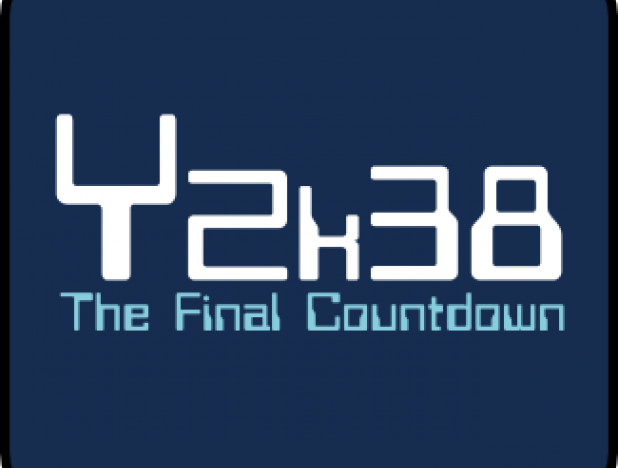What is the Y2K38 effect?
Is the Year 2038 the new 2000 myth?

In the late 60's, the first UNIX computers (there were no Windows, believe it or not) they counted the time in fractions of 1/60 of a second. The amount was carried on a signed 32-bit integer, which could represent numbers from -2,147,483,648 to 2,147,483,647. Although it looks like a very large number, it really only allowed us to keep track of time for 414 days. Later, the system changed to count whole seconds, which allowed to manage dates for 24,855 days (68 years). It was decided that the account began in the first second of January 1, 1970. This way of managing the dates in computing is called Unix time or POSIX Time.
From the beginning it was known that on January 19, 2038 at 3:14:08 the system would fail, marking December 13, 1901 at 8:45.

This undoubtedly poses a problem, since all programs that work with this time format will be affected. There are still many systems that count the time with a signed 32-bit integer, such as the android, iphone and many server systems, mainly UNIX. If you go to your mobile and try to change the date, you will see that it does not let you advance beyond 2037. The reason is this, they use signed 32-bit integers.
Why is this a problem?
Because after more than 40 years using this system, 32-bit time coding is so ingrained that upgrading to 64 requires a great investment. For example, time is coded with 32 bits in many file systems (UNIX mainly), in the date fields of the databases, in banking, medical and military devices.


Any change in the format of the time would cause incompatibility with all information and binaries previously encoded with 32 bits.
The first consequence of this limitation is that you will have to change your mobile phone before 23 years. The second is that all programs that use this protocol of time measurement will have to migrate if or to an equivalent system of 64-bit time counting. There is still no common criterion as to which is the optimal solution, but it will surely pass through the coexistence of the two formats, 32 and 64 bits, and the gradual abandonment of the old one to adopt the new one. On adapting the data that have embedded the 32-bit format, which now may seem like a pharaonic task, in 10 years it will look like a child's play. The first hard disk I worked with had 30 MBs. I thought the size of my disk was absurd, and that nobody would ever need so much storage. Today I would have filled it with 4 photos. In 23 years it is very difficult to estimate what capacities our computers will have, but to get an idea, 26 years ago, in 1991, an average PC like the one we can have at home today, had an intel 486 processor at 33 MHz (of course, one core), a hard disk of 500 MB and a modem to 2400 baud. In 2038, this effect will be an anecdote.
All my image sources are from Pinterest and Google.
If you liked this post please show us your support with an Upvote and Resteem, and if you would like to share your opinion with us please don't forget to leave a comment. Thanks for reading!
Great post!
I listened to a podcast on this same topic and there was a guy talking about how it was his job to go around and make sure all the machines his company maintained would not fail come January 1st 2000.
I'm sure people are working to make this fix as we talk about this but you are correct. It's going to take a lot of man power and money to get the old systems, such as the ones at banks, to allow for this upgrade. Luckily, we have 20 years to get them all updated.
<3 J. R.
its true, though as a friend said joking about the subject, maybe the resources to do this kind of job might be available in the next 5 years but as many programmers like to leave everything to the last minute their going to upload everything on December 31 of 2037 at 11:58 pm hahahaha, but seriously as I mentioned before, maybe this could seem like a pharaonic task right now but in a couple of years it won't be such a burden, I just hope people won't make such a fuzz about it as they did back in 1999